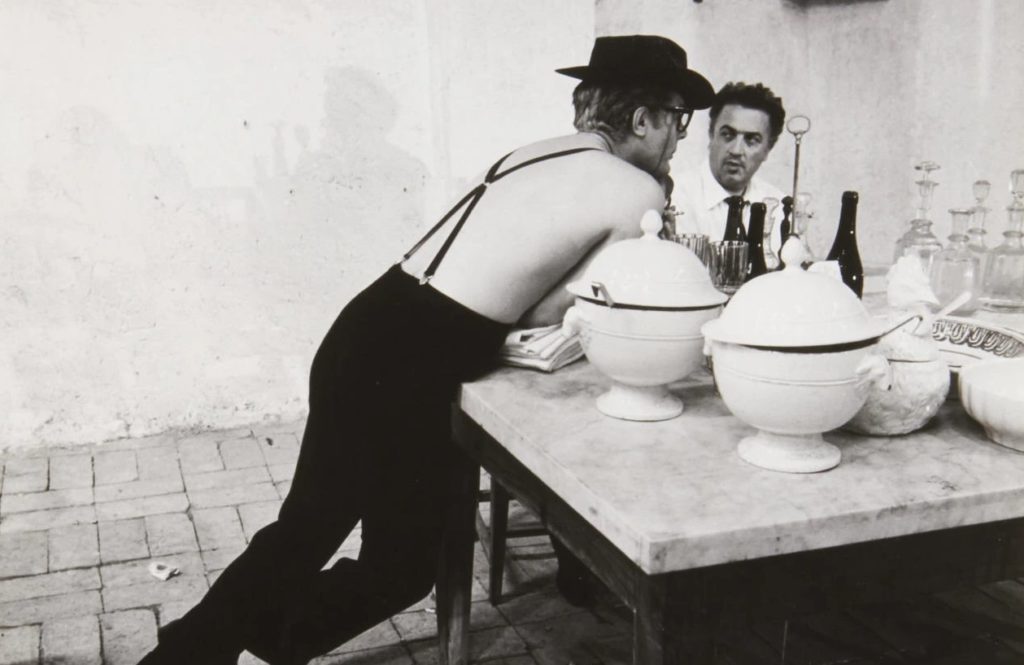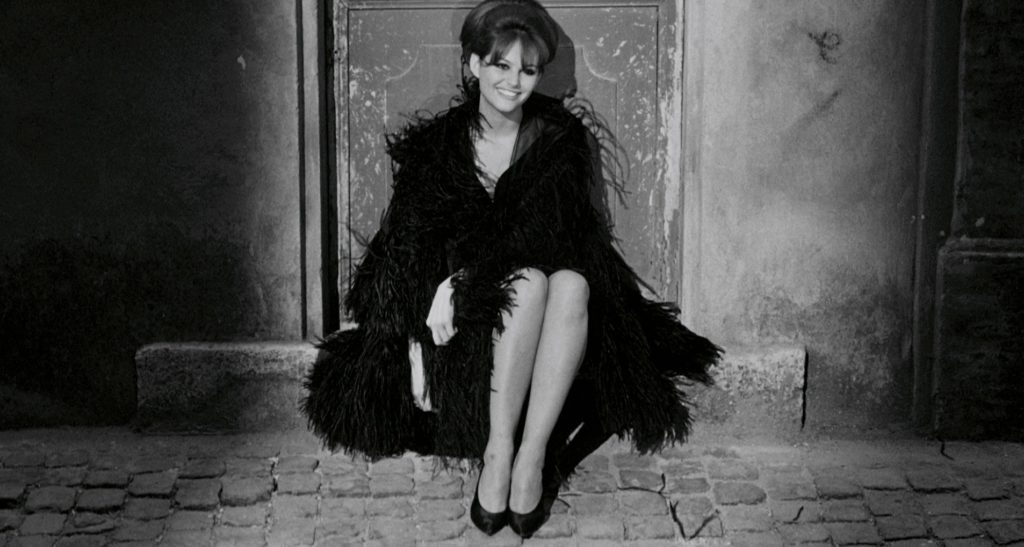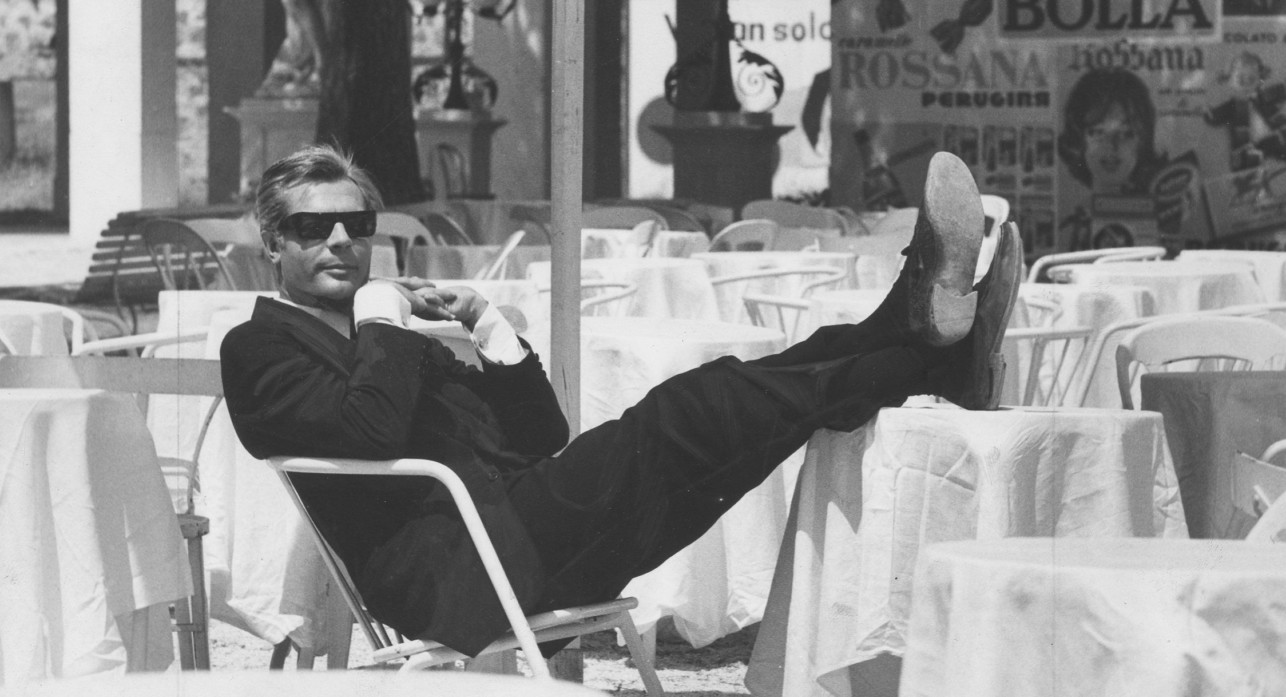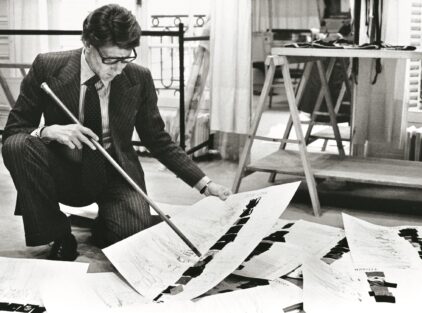Following the international success of “La dolce vita” (1960), Fellini experiences a creative block as he struggles to match the expectations of the producers and the public, who are eagerly anticipating his next film. In the midst of his artistic stalemate and continual strain, he creates “Otto e mezzo,” a bizarre self-psychoanalysis that will win him the Academy Award for best foreign language picture a few months later.

Guido Anselmi (Marcello Mastroianni) is a successful director who strives to make his next picture while experiencing an existential and psychological crisis, as a result of which he becomes increasingly lost in a maze of thoughts, fantasies, and reflections. Surrounded by aspiring actors, old and new collaborators, and, of course, his demanding producer, Guido is pushed to go above and beyond to satisfy his professional obligations. There are various theories as to why Fellini named his film Otto e mezzo, but the basic story is that the film’s production team referred to the project as “La bella confusione” throughout the immense pre-production upheaval, which served as both sarcasm and a title. Fellini began referring to it as “Otto e mezzo,” claiming that if his shares in Luci del Varieta [Variety Lights], Un’agenzia matrimoniale [A Matrimonial Agency], and Boccaccio ’70 were considered as halves, he would have completed eight-and-a-half films by the time he finished this one.

Thus, the title alludes to the film’s complicated self-reflexivity: a film about a famous Italian director whose creative block is the theme and whose artistic inner life – the processes of the complex link between mind and desire – is the subject. This stems from a philosophically sophisticated view of the creative psyche, as well as a European view that an artist is defined by his relationship to his work, history, culture, and sexuality, as opposed to the American view, which follows the psycho-sociological tendency to see a person defined by his relationship to his nuclear family.
Federico Fellini’s Otto e mezzo, which features Nino Rota’s music, is one of the best films about film ever created. It transforms one man’s artistic crisis into a magnificent cinematic epic. The Beautiful Confusion was an early working title for 8 1/2, and Fellini’s masterwork is exactly that: a dazzling dream, a circus, and a magic performance.








